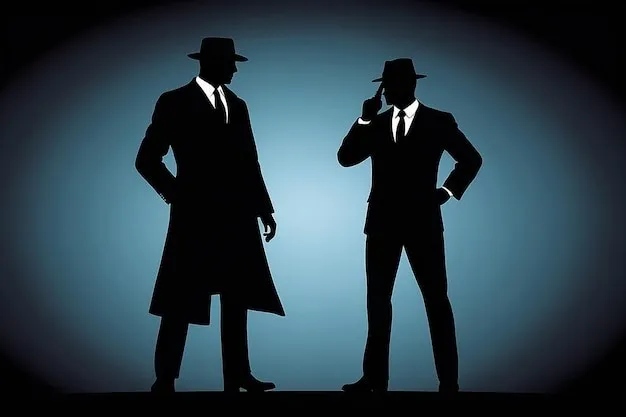How Spy Fiction Has Adapted to the Digital Age and Cyber Espionage?
September 10, 2024

Spy fiction has a unique allure, captivating readers with tales of intrigue, deception, and high-stakes adventure. But what sets a great spy author apart from the rest? It’s more than just crafting a thrilling plot; it involves a combination of skills, traits, and a deep understanding of the genre. This blog will explain what makes a spy author exceptional and how they manage to keep us on the edge of our seats.
One of the hallmark traits of a great spy author is their ability to build and maintain suspense. The best spy novels are those that keep readers guessing, where every page turn brings a new twist or revelation. This involves a delicate balance of pacing, cliffhangers, and red herrings. A skilled author knows when to ramp up the tension and when to pull back, creating a rollercoaster of emotions that keeps readers hooked from start to finish.
Great spy authors excel at creating complex characters with psychological depth. Their protagonists are often spy double agents or individuals living under false identities, navigating a world of deceit and danger. To make these characters believable, authors need to delve into their motivations, fears, and moral dilemmas. The best spy novels feature characters who are not only skilled operatives but also deeply flawed individuals struggling with personal and professional conflicts.
Spy fiction often involves intricate plots with numerous twists and turns. An exceptional spy author excels in crafting a tightly woven narrative that remains coherent despite its complexity. This involves not only creating a convincing plot but also building a detailed world that feels authentic. Whether it’s a high-tech espionage network or a shadowy underground organization, the setting needs to be as compelling as the story itself.
For a spy novel to resonate, it must feel authentic. This requires a deep understanding of espionage techniques, international politics, and covert operations. Great spy authors often research extensively to ensure their portrayal of the world of spies is accurate. They pay attention to details such as the technology spies use, the procedures they follow, and the geopolitical landscape. This authenticity adds credibility to the story and helps readers immerse themselves in the narrative.
An exceptional spy author knows how to surprise their readers. This means crafting unexpected twists, introducing unconventional plot devices, and keeping readers engaged through inventive storytelling. The element of surprise is crucial in spy fiction, where nothing is ever as it seems. A great spy author plays with expectations and delivers outcomes that are both shocking and satisfying.
Finally, the writing style of a great spy author is a key component of their success. The prose should be engaging, evocative, and suited to the tone of the story. Whether it’s a gritty, realistic narrative or a more stylized portrayal of espionage, the writing needs to captivate readers and convey the story’s mood and atmosphere effectively.
Wrapping Up:
When it comes to mastering the art of spy fiction, Karl Braungart is a name that stands out. Known for his captivating narratives and well-crafted plots, Braungart has made a significant mark in the genre. His books are renowned for their intricate plotting, authentic portrayal of espionage, and complex characters. Braungart’s ability to weave suspenseful tales while delving into the psychological depth of his characters sets him apart as one of the best spy authors.
If you’re a fan of spy fiction and looking for a new author to delve into, Karl Braungart’s work is definitely worth exploring. His stories promise to deliver the excitement, intrigue, and psychological complexity that define great spy novels.